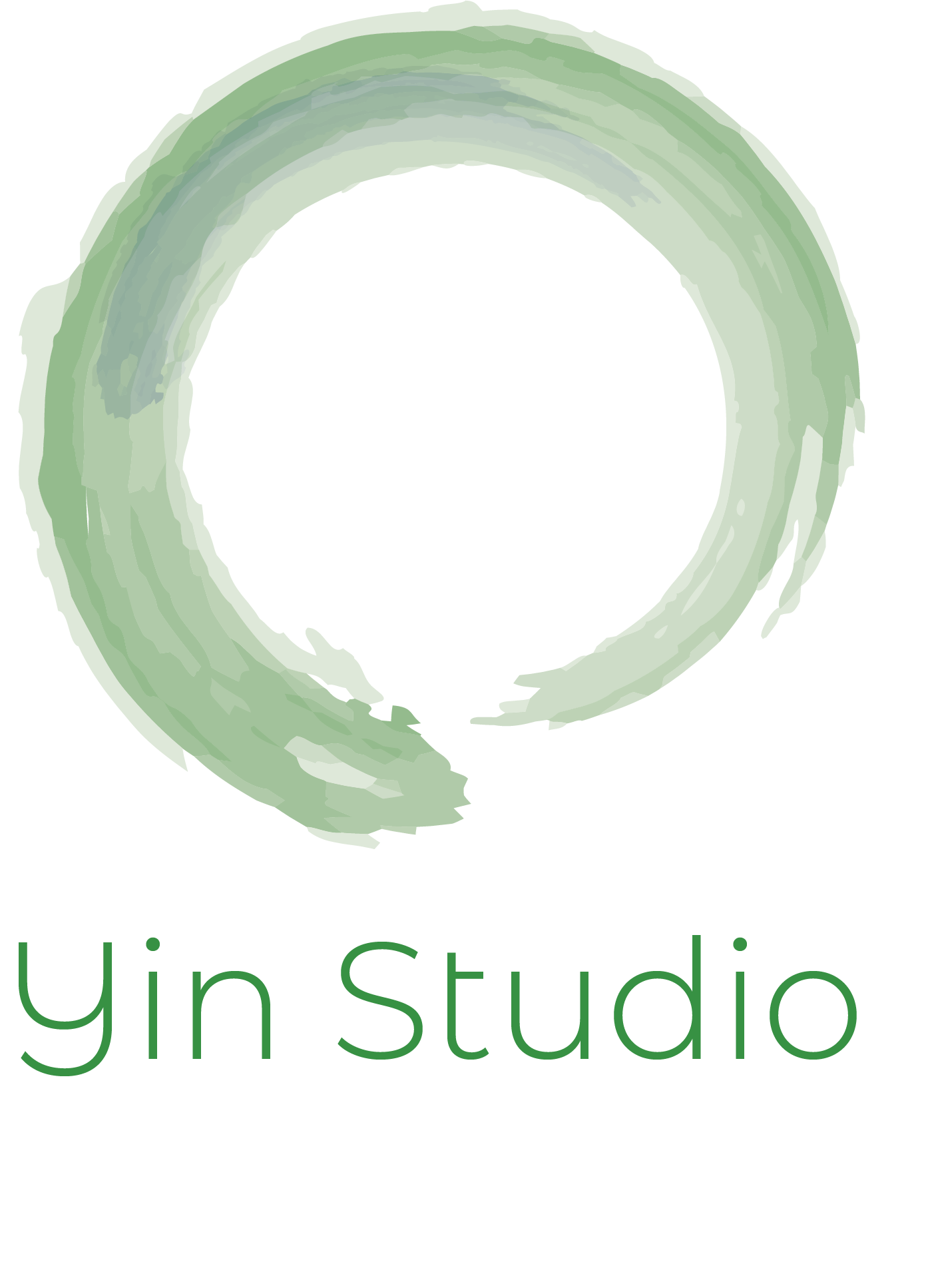Do I really have to give up coffee now that i'm trying to get pregnant?
“Do I really have to give up coffee now that I’m trying to get pregnant?”
Patients ask me this question a lot and here’s how I usually answer it. If you’re trying to get your body healthy in order to conceive it makes sense to limit your coffee intake to one cup a day. However if getting pregnant is proving to be struggle or you are suffering from infertility it’s best to cut coffee out altogether.
I understand the allure of coffee. I love a cup of coffee myself however it's important to know that this caffeine boost is false energy and no replacement for proper rest and good nutrition.
We all know that caffeine can increase stress and anxiety levels but for women trying to conceive, coffee has other consequences as well. Caffeine can decrease the flow of blood to the uterus, which can interfere with implantation. Too much caffeine can increase the risk of blood clotting and miscarriage.
Knowing that caffeine can cause fertility problems some of my patients switch to decaffeinated coffee in order to enhance their fertility. However, all coffee, be it regular or decaf, is acidic and can make the body and cervical mucus too acidic and so hamper conception. Several studies have shown that coffee (even decaffeinated coffee) can diminish fertility. One Dutch study showed that 4 cups of decaf or regular coffee a day lowered a woman’s chance of having a baby by 25%. Some studies have linked coffee to miscarriage and some have linked it to low sperm count.
So the message is clear. If you’re trying to conceive and nothing’s working, it may be time to ditch your daily cup of Joe.
Here Are Some Tips To Help You Go Cold Turkey:
If you are suffering physical symptoms due to coffee withdrawal, acupuncture can help. Caffeine constricts the blood vessels in the brain and decreases circulation. If you suddenly cut out coffee, the increase in circulation both to your brain and your digestive system can lead to headaches as well as constipation or loose stools. An acupuncture treatment can treat both these symptoms well and so help you navigate your first coffee-free week.
Try drinking black tea. Even though tea contains some caffeine it does not seem to have the same adverse effect on fertility as coffee. In fact some studies have shown that tea may even help fertility. Researchers at Kaiser Permanente Medical Care Program of Northern California in Oakland found that women who drink tea, even caffeinated black tea, have increased fertility. Black tea contains some caffeine so it can give you a bit of a boost, however the caffeine content is much less than coffee making it a great alternative.
Go green. Not only does green tea contain even less caffeine (about 1/3 of the amount) but it also boasts numerous health benefits. Herbal teas are also worth considering. Experiment with different teas at different times of the day. A soothing cup of chamomile at night or a bright tasting mint tea first thing in the morning.
Take a coffee-free break! Coffee drinkers enjoy the rituals around their regular cups of coffee as much as the coffee itself. So try to find a replacement for making a cup of coffee in the morning. Buy a pretty tea pot and sip tea from a china cup. If popping out to your favourite coffee shop is a wonderful break in your day, know that you don’t have to give this up along with the coffee. Give yourself permission to take a coffee-free break and go out and buy some tea or even a bottle of water.
